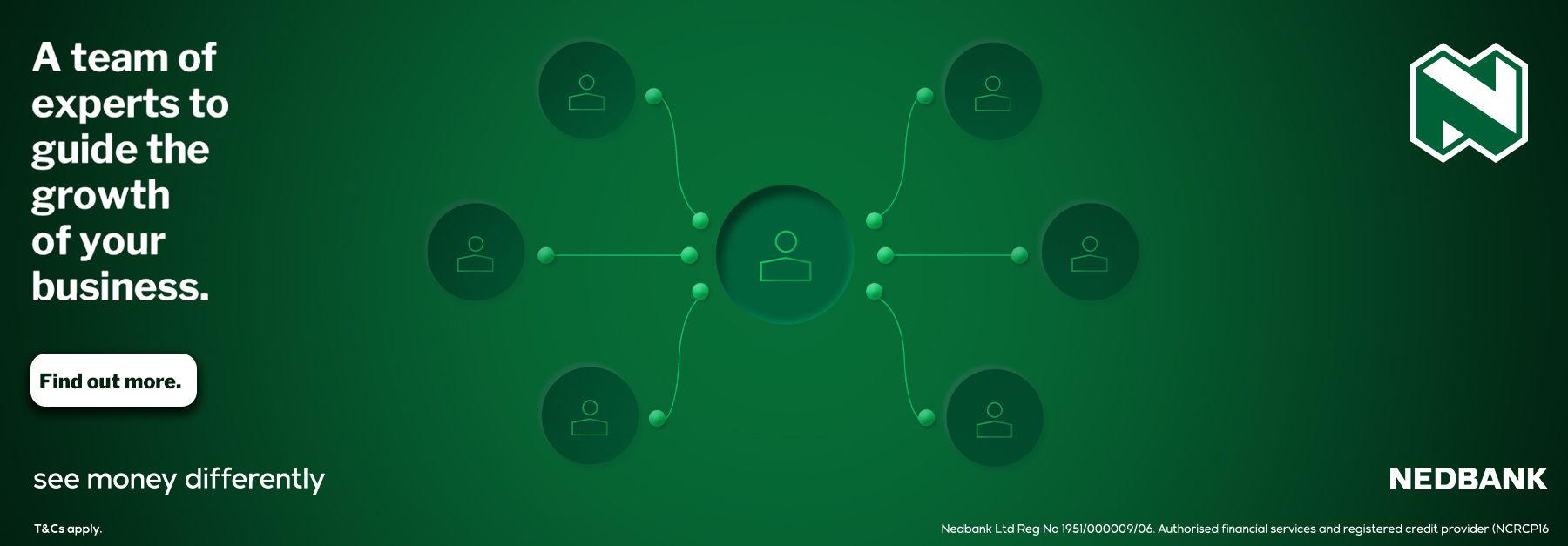Electricity woes powering commercial interest in moving
'off the grid'
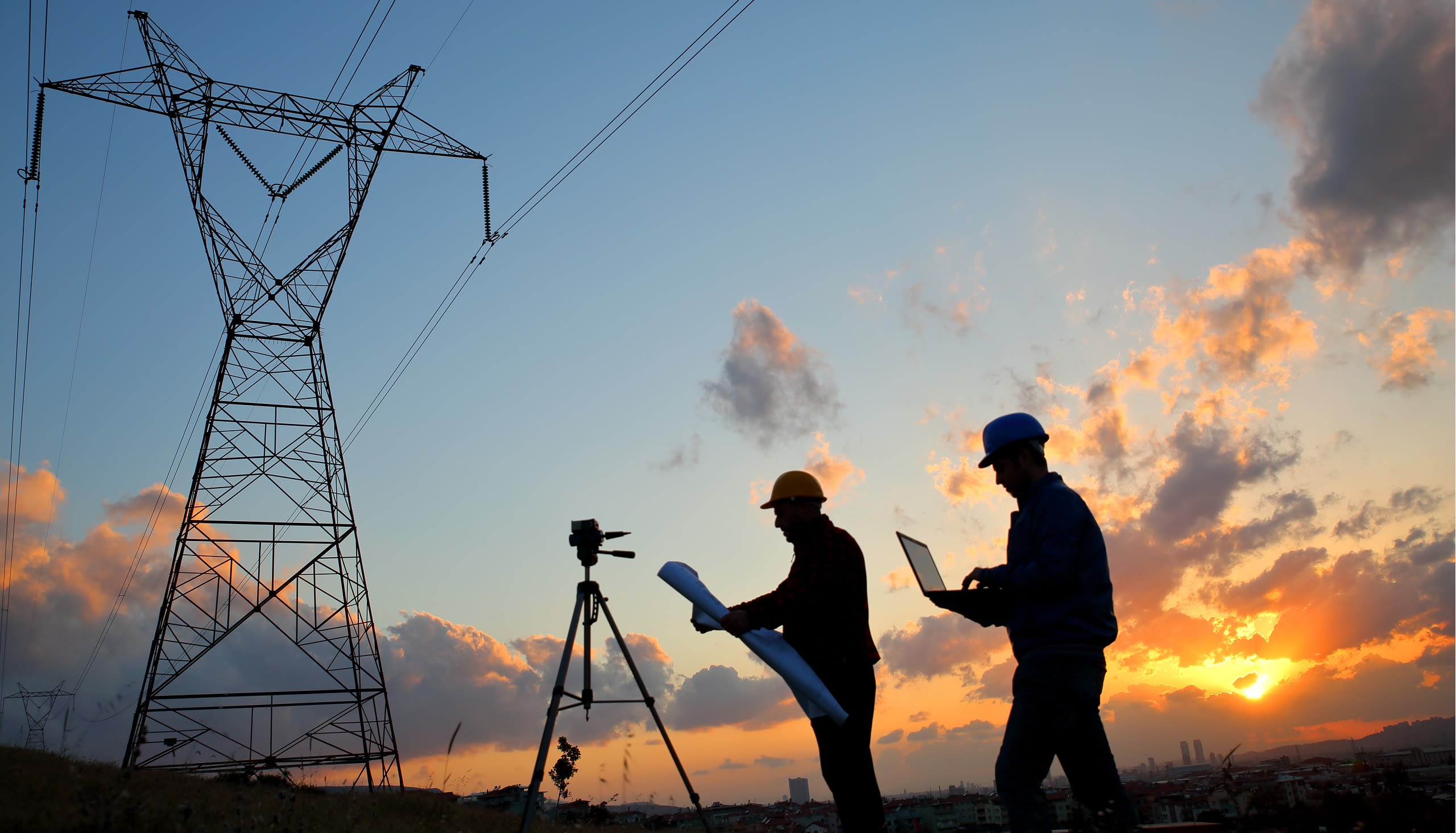
Rising electricity prices, carbon taxes and ongoing damage to the environment: these are some of the issues the corporate world is wrestling with as it vies for a sustainable future for businesses and the planet.
In September 2020, the WWF published its Living Planet Index, which indicated that from 1970 to 2000, the population of measured species declined on average by 38% globally. From 1970 to 2016, the index fell further to 68%, suggesting that natural ecosystems are degrading at an unprecedented rate.
In order to tackle the alarming rate at which the planet is being affected by industry, the United Nations in 2015 adopted the 2030 Agenda – an agreement by 193 member countries to achieve 17 'Sustainable Development Goals' (SDGs) by the year 2030. It requires all nations to take action on climate change, unemployment, gender equality and promote peaceful societies in order to shift the world to a more sustainable way of life.
With the push towards sustainability and development of new technology, renewable energy has become the cheapest form of energy generation in some parts of the globe, according to the WWF - a clear incentive to move away from burning fossil fuels. Yet, despite this, only 17% of all electricity consumption globally is produced by renewable energy.
With carbon taxes, unreliable energy security, and evolving consumer attitudes accelerating the need for companies to think seriously about a sustainable future, it is ushering in a "decade of change" for business sustainability.
What sustainability means for the corporate space
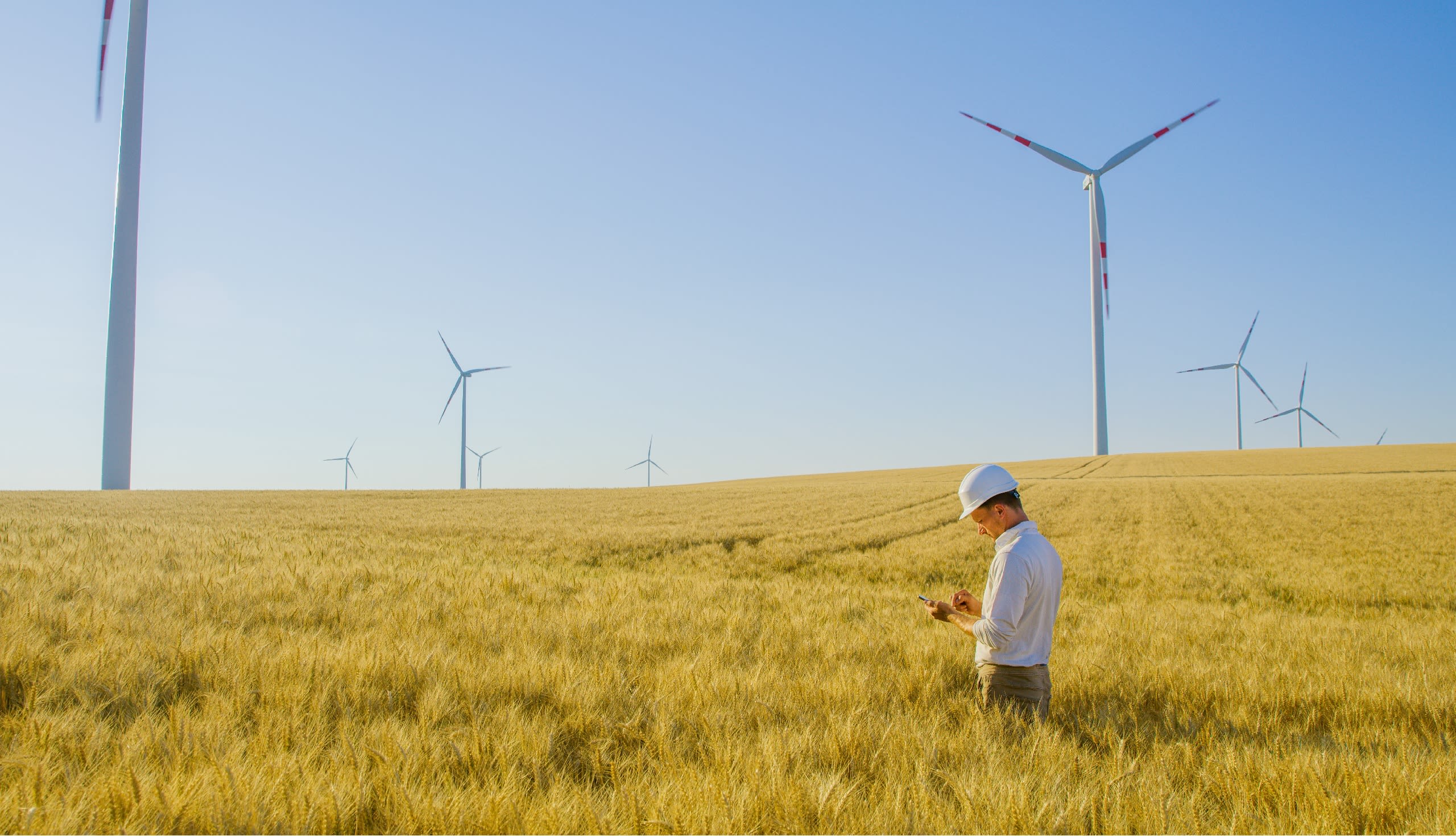
Business or corporate sustainability is defined as the management and coordination of environmental, social and financial demands to ensure responsible, ethical and ongoing success.
Companies both globally and locally are facing challenges in striking the right balance to achieve business sustainability. CO2 emissions continue to rise, with a recent International Energy Agency report indicating global energy-related CO2 emissions will rise by 1.5 billion tonnes in 2021 - the second biggest increase in history.
In South Africa, the Carbon Tax Act, which came into effect in June 2019, now compels carbon emitters to pay for adding to the atmospheric load of human-caused greenhouse gas emissions. And a 2020 survey by global research firm IBM indicated that 57% of consumers are willing to change their purchasing habits to help reduce negative impacts on the environment. Of those, 71% indicated that traceability of a product is very important and are willing to pay a premium for brands that provide it.
With regards to energy, local companies are also faced with the problem of perpetual load-shedding and an unreliable and expensive electricity grid. In March this year, Eskom made headlines for implementing the biggest electricity tariff hike of the last decade – a whopping 15 % rise. These factors are placing South Africa near the bottom of the World Economic Forum’s 2021 Energy Transition Index, at 110 out of 115 countries.
These factors are prompting more and more companies to look too renewable energy for relief. Unlike fossil fuels, which are gone once consumed, renewable energy that is harvested today has no effect on the energy we can harvest tomorrow - it is an energy source that renews itself without effort.
"What we're seeing is that many of these businesses cannot afford to have their factory or their business or retail outlet go dark, because it impacts on their employees and their bottom line."
"There's just no way clients can pass on that cost increase to the consumer. Renewable energy provides that security of knowing that you won't have the power go off and that you can curtail your costs to some effect," says Boshoff.
Moving partially or fully
'off grid'
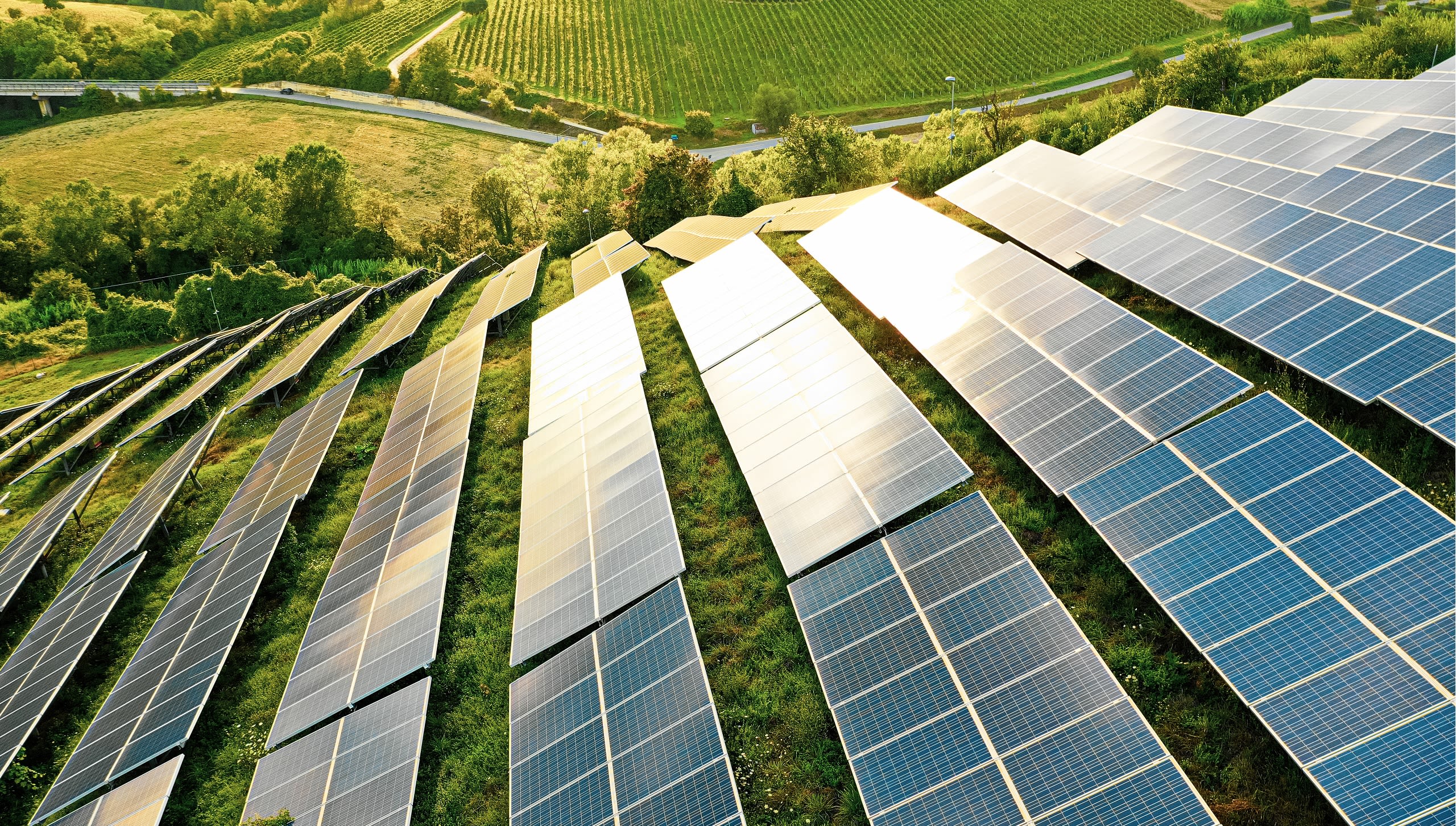
With growing technology there are now numerous, readily available and scalable options available to companies - including wind turbines, hydroelectric and solar photovoltaic equipment. These technologies are all designed to make electricity more affordable in the long-run and businesses less reliant on the national electricity grid.
To go fully "off the grid" means you would no longer need a connection to the bulk electricity supplier, such as Eskom in southern Africa. In South Africa however, this has not been plausible for a variety of reasons, such as costs and laws. The term "off grid" has thus become loosely defined locally as the ability to supplement electricity supply by using additional equipment. The less reliant you are on the bulk electricity supplier, the more "off grid" you are.
With the recent June 2021 amendments to the Electricity Regulation Act now allowing for independently sourced power generation, businesses and municipalities like eThekwini and the City of Cape Town have embraced the move. Ethekwini in July announced plans to seek proposals for the construction of 400 megawatts of private power generation. And global companies too are seeing the potential in entering South Africa’s developing solar power market – the strongest in the region. Trina Solar for one, will be launching a new distribution facility in South Africa this year – as part of its strategy to grow in the region.
With technology becoming more sophisticated and increased numbers of suppliers entering the market, many firms now have one goal top of mind: energy security.
"We're starting to see that our suppliers are becoming far more savvy. They are positioning themselves to give the kind of information that clients want," says Boshoff. "What clients forget is that there is a midway point as well. You don’t have to go off the grid to become more efficient with what you have."
Reaping the benefits
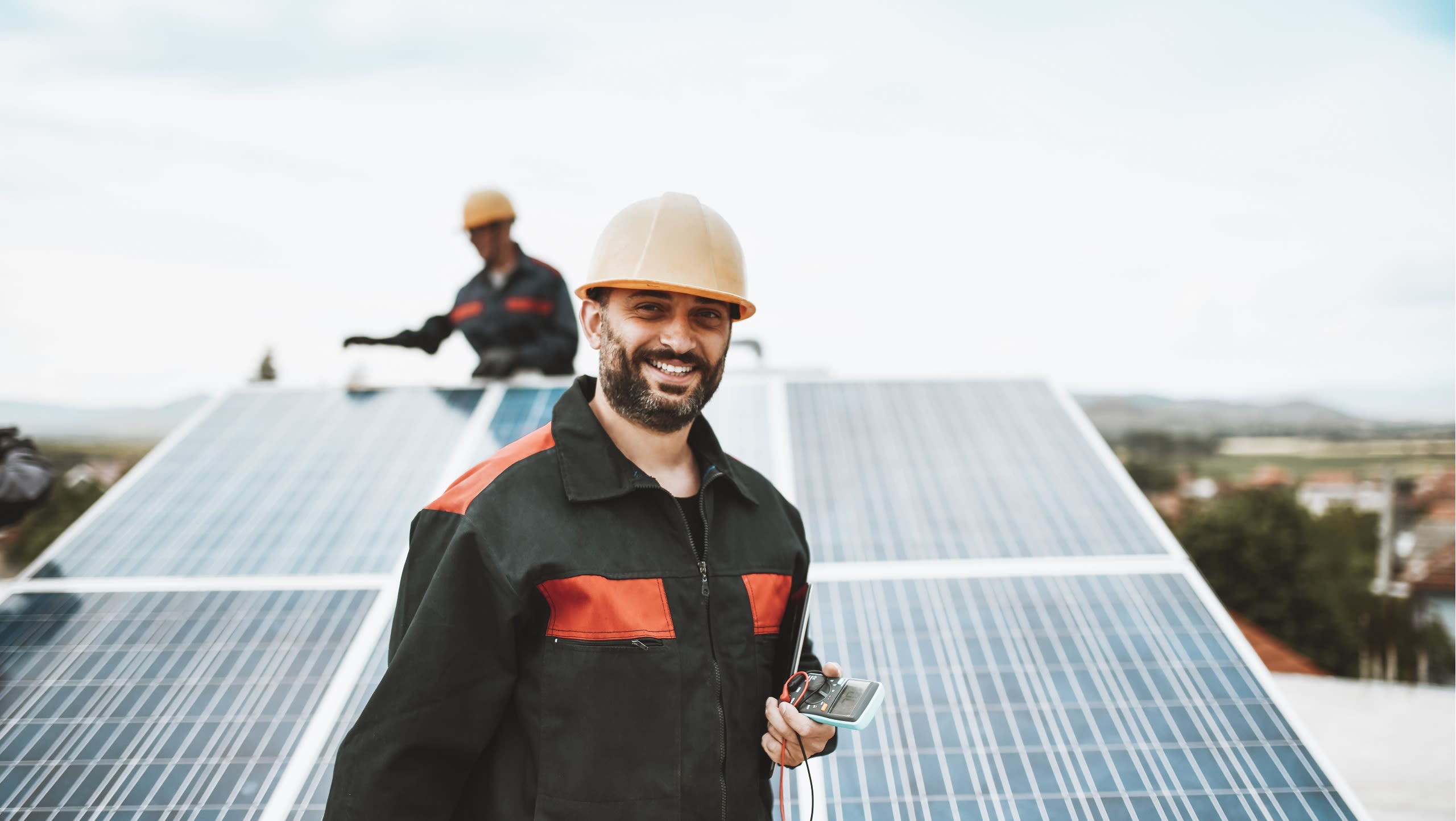
A building material and timber supplier in the Eastern Cape considered renewable energy for its premises to reduce energy costs and mitigate against load-shedding.
The company, a Nedbank client, opted to buy the equipment directly rather than purchase the electricity through an independent power producer. Using a medium-term loan option with an extended repayment period, the company received an approved R2m invoice to pay a supplier to install equipment such as solar panels, optimisers, inverters, energy meters, and data lines, among others.
Having used 36 kWh of electricity on average per month in the past, the renewable system was able to produce 25kWh per month, or 69% of the business' requirements. This resulted in a saving of R30,000 per month at the current Eskom charge rate, offsetting the approximate R31,000 loan repayment per month at prime over seven years.
And with future spikes in electricity prices on the cards, this "saving" will increase over the period of the funding.
"The savings resulted in no additional cashflow required to service the loan repayments and in effect the client diverted cash from his electricity bill to pay the bank. Once the loan is settled, the electricity produced will be 'virtually free to the client'."
Another trend piquing interest in the commercial space is the investment into "green offices" - environmentally friendly campuses that make use of the best sustainable and green building processes, materials and equipment available. In order to achieve a Green Star certification in South Africa, a building needs to achieve credits in various categories like: Indoor Environment Quality (IEQ), Energy, Water, Materials, Emissions, among others.
Since 2008, Nedbank has embarked on its own process to transform its premises into functioning "green spaces" - completing the first Green Building certification in Rivonia in 2010. To transform an older building into a thriving green space, engineers and designers followed a three-step process known as the 'three R's': reduce, replace and recycle. Nedbank has been able to achieve Green Star certifications for 85% of all their spaces under management to date.
The Green Star certifications have been achieved by utilising technology such as low-flush toilets that rely on air rather than water to flush. These toilets were are able to reduce water consumption from around 9 litres to 1.5 litres per flush. Existing materials were replaced with locally sourced Green Star graded materials. This included carpets and paint that were rated low in Volatile Organic Compounds, as well as installing low energy use LED lighting. When it came to recycling, engineers transferred groundwater and rainwater into reticulation systems, so that no potable water in these specific buildings would be used for flushing of toilets and irrigation.
According to Howard Rauff, Nedbank's Head of Corporate Real Estate, these types of green office initiatives have become more cost efficient over time, and provide many benefits for corporations in the long term.
"It adds value to your property portfolio, it will reduce the operating costs, it will improve the productivity and comfort levels of the staff, and gives them the knowledge that they and Nedbank will be contributing positively to the environment."
Entering the 'decade of change'
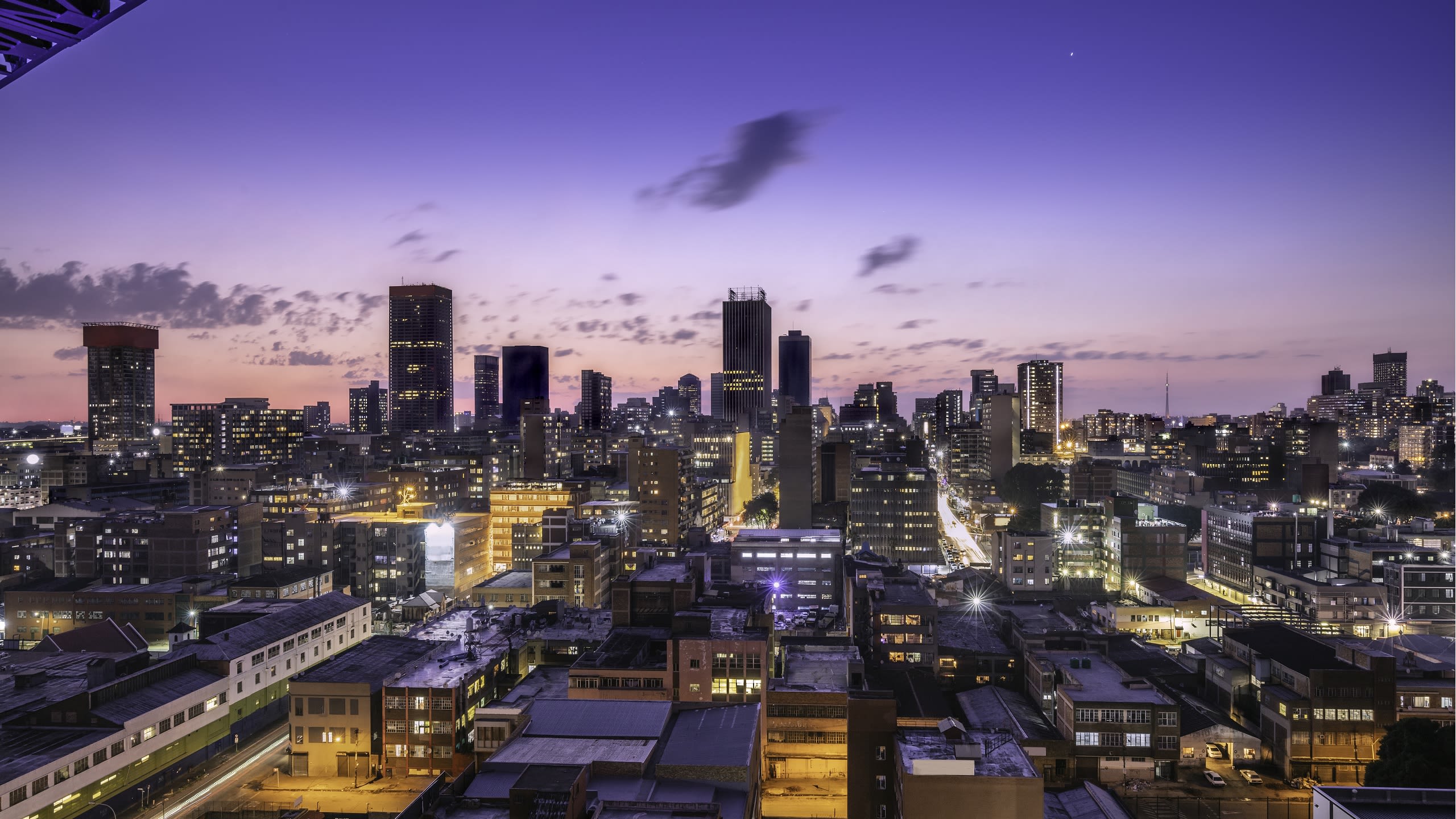
Partnering with the right suppliers and financiers is crucial for companies both large and small to strike the right balance in their energy generation mix.
Nedbank is known for being one of the greenest banks in South Africa – and not only for the colour of its logo. The bank has put progress towards nine SDGs at the heart of its growth strategy, with its goal to become the most admired financial services provider in Africa by its staff, clients, shareholders, regulators and society.
Nedbank’s CEO Mike Brown has labelled the next 10 years as "the decade of change", as the company works towards achieving its SDGs. It has also worked with the WWF for the past 30 years and has partnered in sustainability projects for the past eight, helping to make strides in ensuring it meets its own goal of net zero by 2050.
"We've been in the business for quite some time, and we started off by asking how we as Nedbank can become carbon neutral. Slowly but surely, clients started coming to us to say, we are seeing what you're doing, and we really like it. How can we do it?" says Boshoff.
The end result is a refined product from a credible financier that understands funding mechanisms, what equipment is available, how it can be purchased, and has a strong relationship with suppliers.
"Nedbank is your partner in sustainability. If your end goal is a sustainable business, we should be talking to each other," adds Boshoff.



